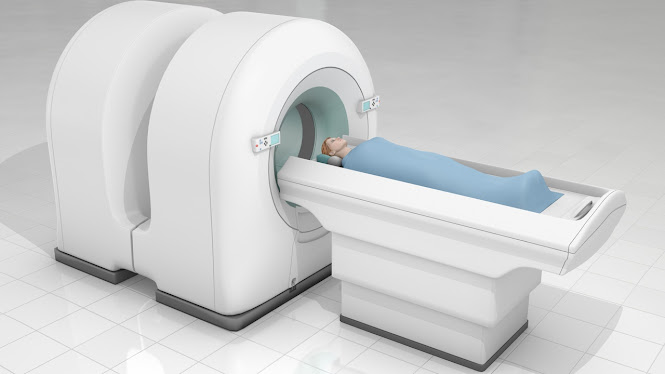Positron Emission Tomography (PET) Scanners; a Medical Imaging Technique Used to Look For Disease in the Body

Positron emission tomography (PET) scanners (an imaging test) help reveal the biochemical or metabolic function of the body organs and tissues. PET scan uses tracer (a radioactive drug) to show normal, as well as abnormal, metabolic activity. Positron emission tomography (PET) scanners are used in the diagnosis of various diseases, such as Alzheimer’s disease and cancer. The basic principle of positron emission tomography involves the detection of a pair of gamma rays emitted indirectly by a radiotracer. PET scanners can also distinguish between malignant tumors and non-malignant tumors. Generally, positron emission tomography (PET) scanners takes about 40 minutes to complete the scan and also measure glucose levels in the body. PET scans provides vital information about tissues and organs, size, shape, and the position. Moreover, PET scanners help detect the abnormal metabolism of tracers in diseases before the disease shows up on other imaging tests, such as magnetic resonan...